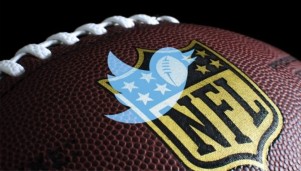 Today – in America and globally – the multi-billion-dollar music industry is mired in a Rubik’s Cube of rights administration and royalty payment systems. The current massive multiplayer infrastructure does not serve songwriters, record companies, digital services or consumers.
Today – in America and globally – the multi-billion-dollar music industry is mired in a Rubik’s Cube of rights administration and royalty payment systems. The current massive multiplayer infrastructure does not serve songwriters, record companies, digital services or consumers.
But what if Congress could ensure that music creators are paid more without increasing music users’ royalty costs? Imagine infringement risks reduced without diminishing creators’ rights. We – an award-winning songwriter and a longtime digital music advocate – believe these benefits are possible, and even probable, if music ownership data is effectively and efficiently collected, validated and utilized by industry stakeholders.
Source: Central music rights database would benefit songwriters




 Concurrent Media Strategies, LLC, publisher of the
Concurrent Media Strategies, LLC, publisher of the  Universal Music Group is locked in a chilly negotiation period with YouTube, as the major’s long-running licensing deal with Google’s platform switches to a rolling deal.
Universal Music Group is locked in a chilly negotiation period with YouTube, as the major’s long-running licensing deal with Google’s platform switches to a rolling deal.


